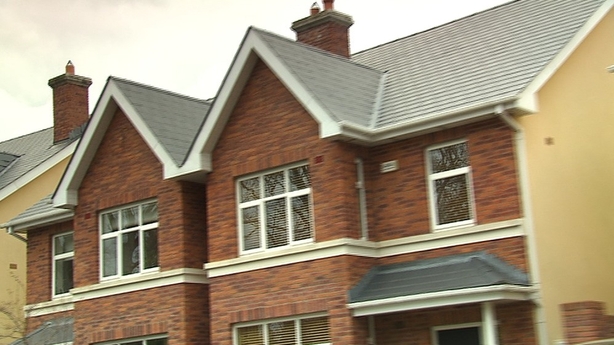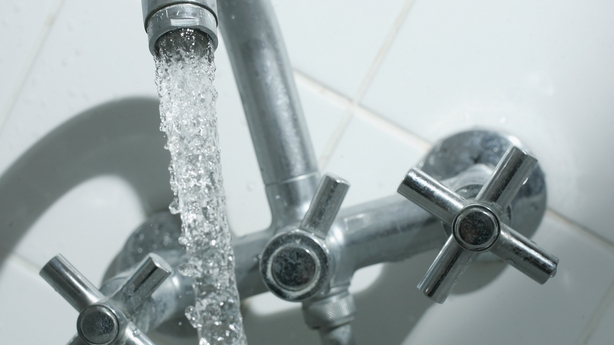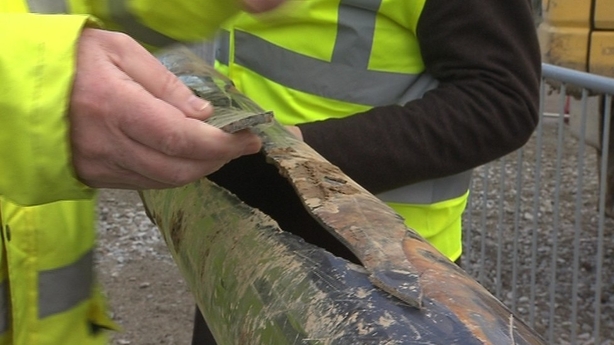Whatever the arguments in favour of accepting Fianna Fáil’s demands for suspending water charges, it is abundantly clear some Fine Gael ministers believe it was not in the public interest.
Taoiseach Enda Kenny decided acquiescing to Fianna Fáil’s stipulations to suspend for nine months was better than calling a second general election.
But by opting to halt paying for water a Rubicon has been crossed, writes RTÉ Business Editor David Murphy.
It will now be a political nightmare to resume charging and any government will have difficulties convincing the public the levy will remain in place.
It is in sharp contrast to the property tax, which was paid by 97% of those who were liable.
Unlike water charges, which went to pay for upgrading infrastructure and supplies, taxpayers don’t get anything for property tax because they already own their homes.
 For many, property tax is much more expensive, but it is fair in the sense that people with more expensive properties pay more.
For many, property tax is much more expensive, but it is fair in the sense that people with more expensive properties pay more.
So why have the water charges failed?
There are a number of principles of taxation which are well-worn rules regarding implementing any levy.
If any of these are breached a tax or charge is doomed to fail.
It is no surprise that the structure of water charges paid scant attention to this doctrine.
They were also introduced at a time when the public was weary of austerity and the levies acted as a lightning rod for discontent.
Principles of taxation include efficiency, certainty, simplicity, effectiveness and fairness.
Water charges were not fair because an individual who left the tap running paid the same as an ordinary household.

Efficiency means the cost of collecting a tax does eat up excessive amounts of revenue generated by a levy.
More than €500m was spend on water meters despite a cap being placed on charges.
There was controversy about bonuses paid at Irish Water (the company called them "performance-related payments" by the way).
These issues undermined the perception that cost of collection was as low as possible.
The charging structure was not simple either. While the maximum levy of €260 was capped, individuals applied to the Department of Social Protection for a so-called "conservation grant" of €100 regardless of whether they conserved water or even paid the charges.
Environment Minister Alan Kelly said that the compliance rate was approaching 70% before government formation talks raised the prospect of a major policy change.
So it was safe to assume a majority of payers were reasonably certain about the charges remaining in place.
That certainty has now been undermined and won't be easily regained. Worse is the absence of a commitment that those who paid would be reimbursed in the event of charges being abolished.
Now a bigger problem has been created. Presuming the charges are not resumed, funding for water will have to come from the exchequer and Irish Water will remain on the State’s balance sheet.
This has a number of implications. Borrowing for fixing the infrastructure will add to the national debt. It will therefore compete with borrowing for other purposes such as health or social housing.
 That threatens the plans to upgrade Ireland’s leaky pipes, which lose half of the treated water the country produces.
That threatens the plans to upgrade Ireland’s leaky pipes, which lose half of the treated water the country produces.
Even if the proposals remain in place it is difficult to see how they could be completed at the same speed.
That is not something which will be missed by the thousands of households on boil water notices or those who have their supplies cut.

